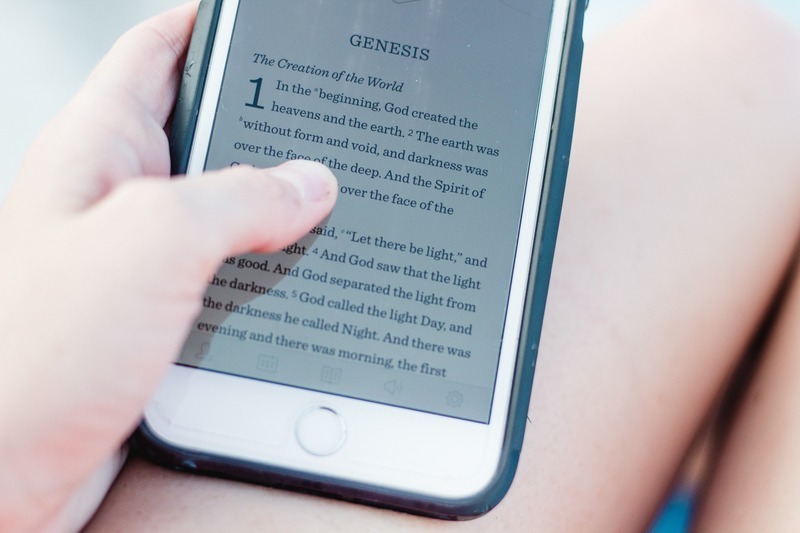
At the AI Frontiers Forum science conference in Switzerland, Israeli historian and scholar Yuval Noah Harari gave a perceptive address about the likely future of artificial intelligence (AI). The fascinating hypothesis advanced by Harari that AI might be able to write a new Bible could result in the creation of faiths whose sacred books are written by non-human intelligence.
Harari stressed the significant effects such a development might have during his speech. He pointed out that throughout time, various religions have asserted that their holy texts were written by extraterrestrial or non-human entities. He argued that AI differs from earlier technological innovations like the printing press, radio, and television because it has an unmatched capacity for coming up with original ideas.
Futuristic View of Artificial Intelligence Writing a Bible
According to the article in Israel 365 News, while these previous devices communicated and spread human-generated ideas, they were unable to produce new ones, according to Harari. For instance, the printing press made it easier to reproduce the Bible, but it did not add a single novel page or provide commentary on how to read the text. The chance that future faiths will have accurate holy books increases with Harari's prediction of AI-authored religious writings.
The renowned historian's assessment of the effects of AI-generated religion, however, is frighteningly futuristic and conjures images of mind control. Harari highlighted worries that AI would use language and stories to manipulate and shape human behavior and society, much like prophets, poets, and politicians have done for ages. He underlined that because AI has the ability to influence and manipulate people, using physical force is optional to accomplish goals because AI can take advantage of people's susceptibility.
Professor at the Hebrew University of Jerusalem and well-known historian, philosopher, and author Yuval Noah Harari has made fundamental contributions to our understanding of human history and the probable course of humankind. According to Conversational Leadership, his best-selling books "Sapiens: A Brief History of Humankind" and "Homo Deus: A Brief History of Tomorrow," among others, have captured the attention of readers all over the world with his provocative insights into the past and future of our species.
Beyond his work in academia, Harari has actively influenced international debates and tackled pressing issues. He co-founded Sapienship, a company devoted to creating an insightful and meaningful global discussion alongside Itzik Yahav. The goal of Sapienship is to promote awareness of the most important problems that humanity is currently confronting and the quest for practical answers.
Technology is Not Evil and is a Neutral Tool People Use for Their Own Intentions
Technology, as per an author in Zondervan, is a valuable tool that helps us fulfill our divine callings. It's essential to remember that technology remains a tool, even though it greatly influences our lives. The scriptures don't label tools or technologies as inherently evil; their use determines their moral value. Just like a sword can be used for good or harm, technology's morality lies in how people wield it.
While technology expands possibilities and offers fresh opportunities, it carries the weight of human brokenness and sin. Our choices determine the usage and consequences of technology, as exemplified by Cain and Abel's story.
Related Article:AI in Education: How Artificial Intelligence is Revolutionizing the Classroom Experience



















